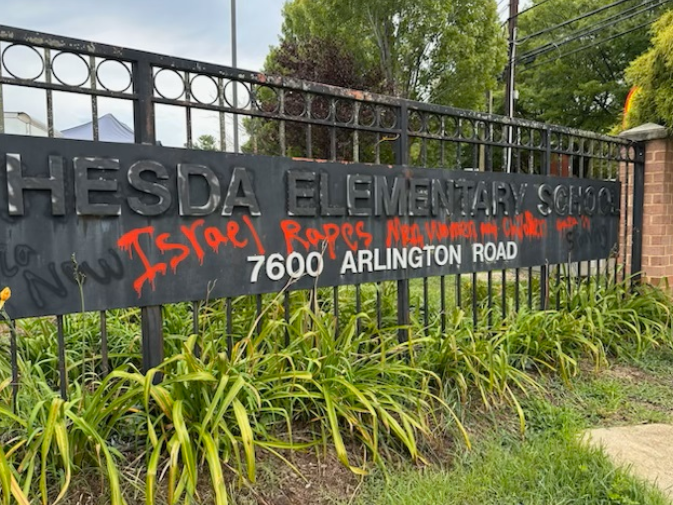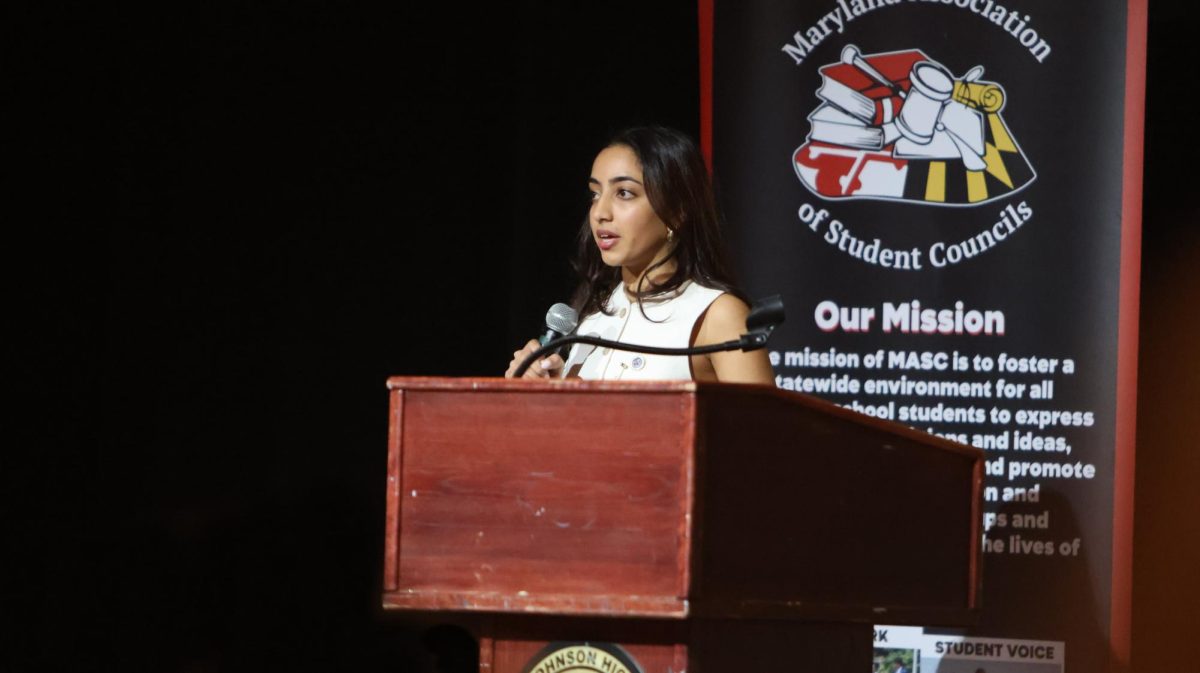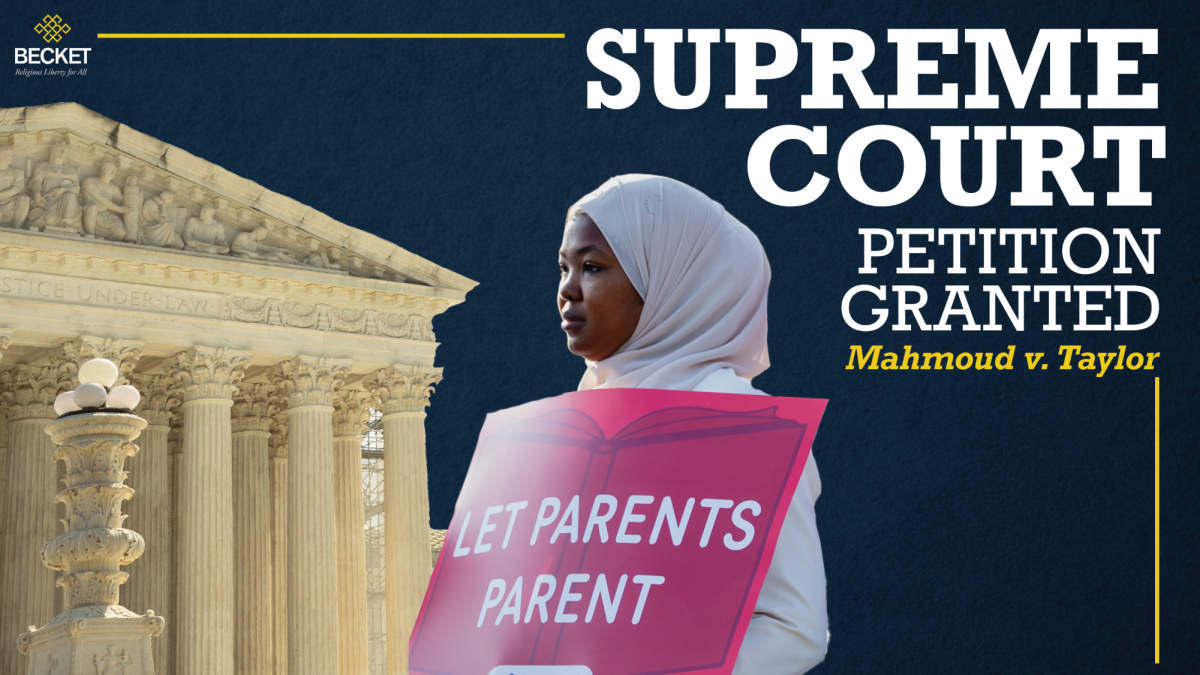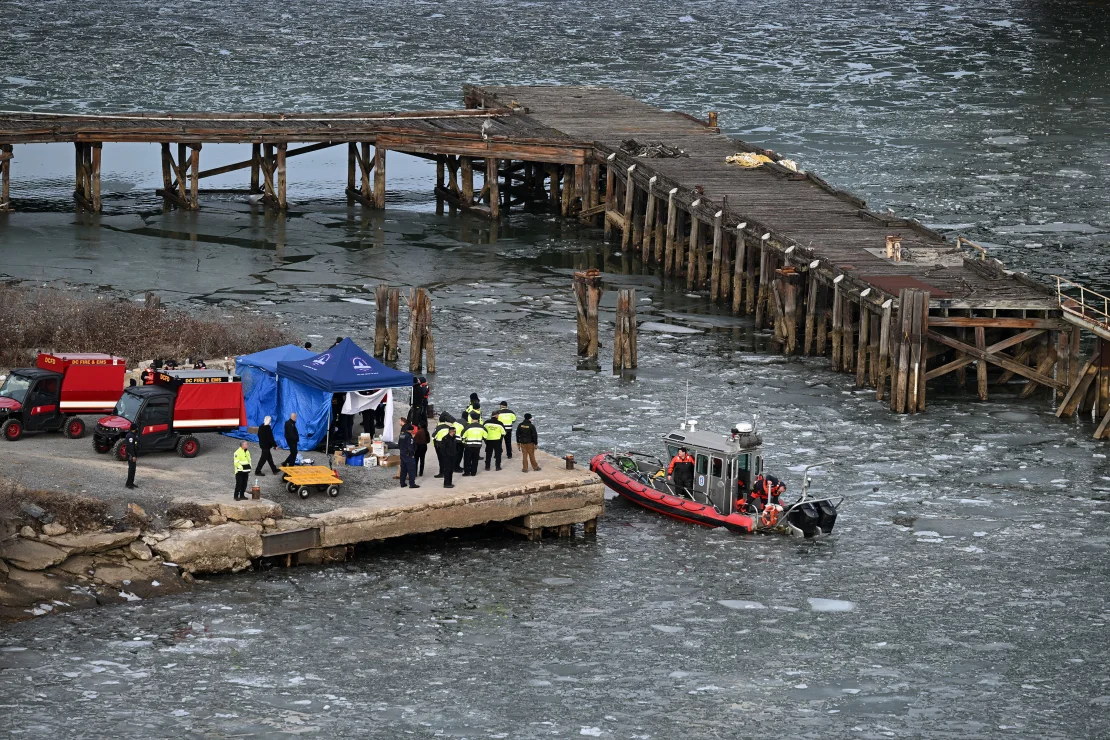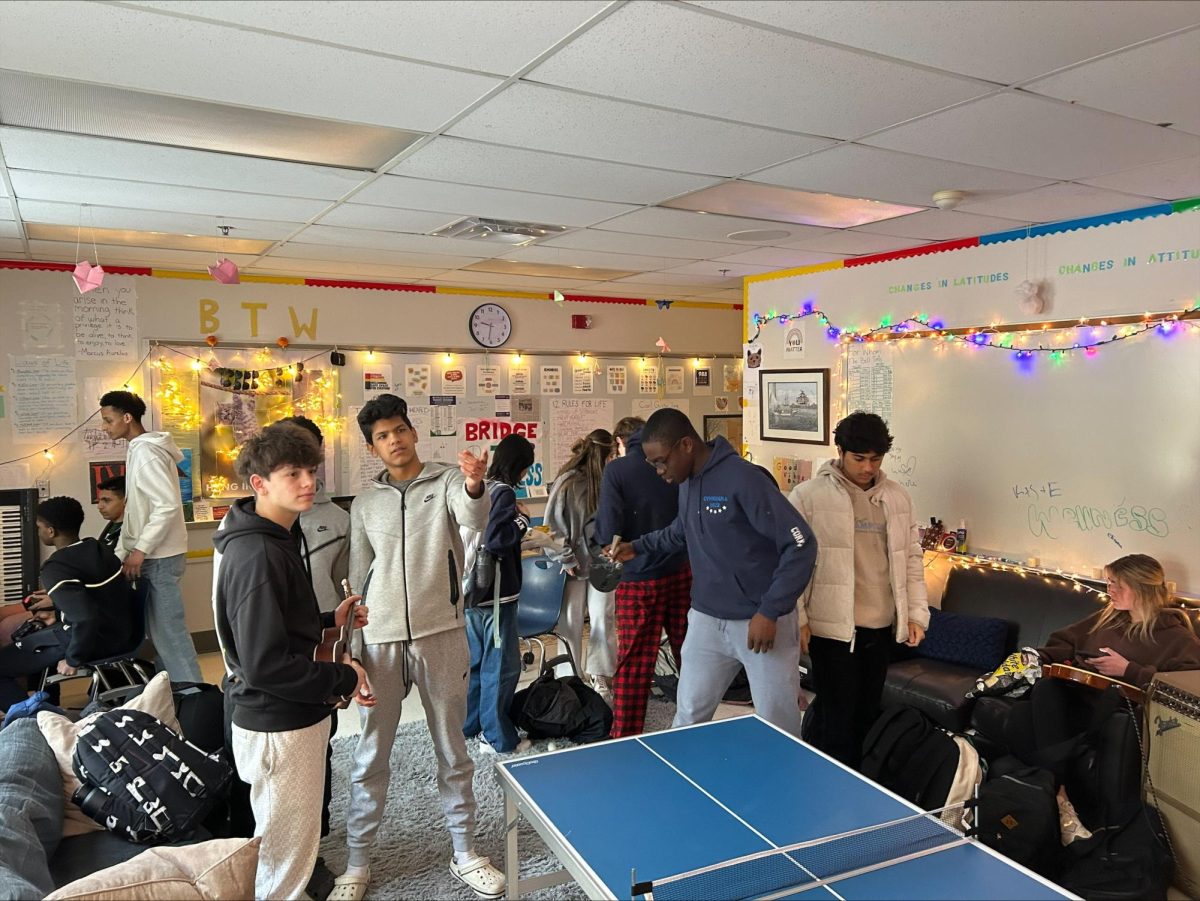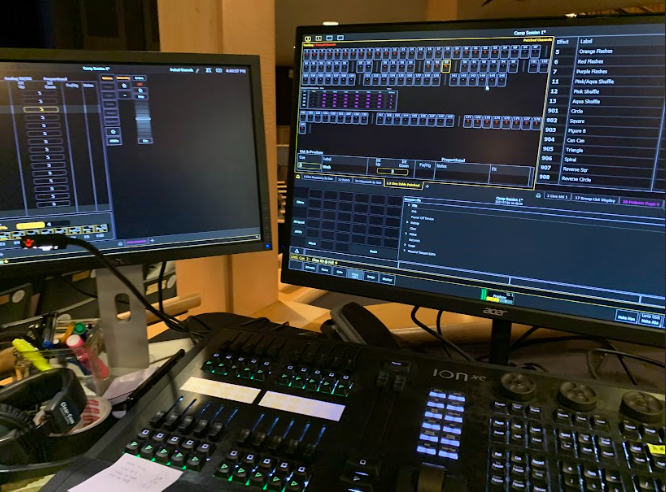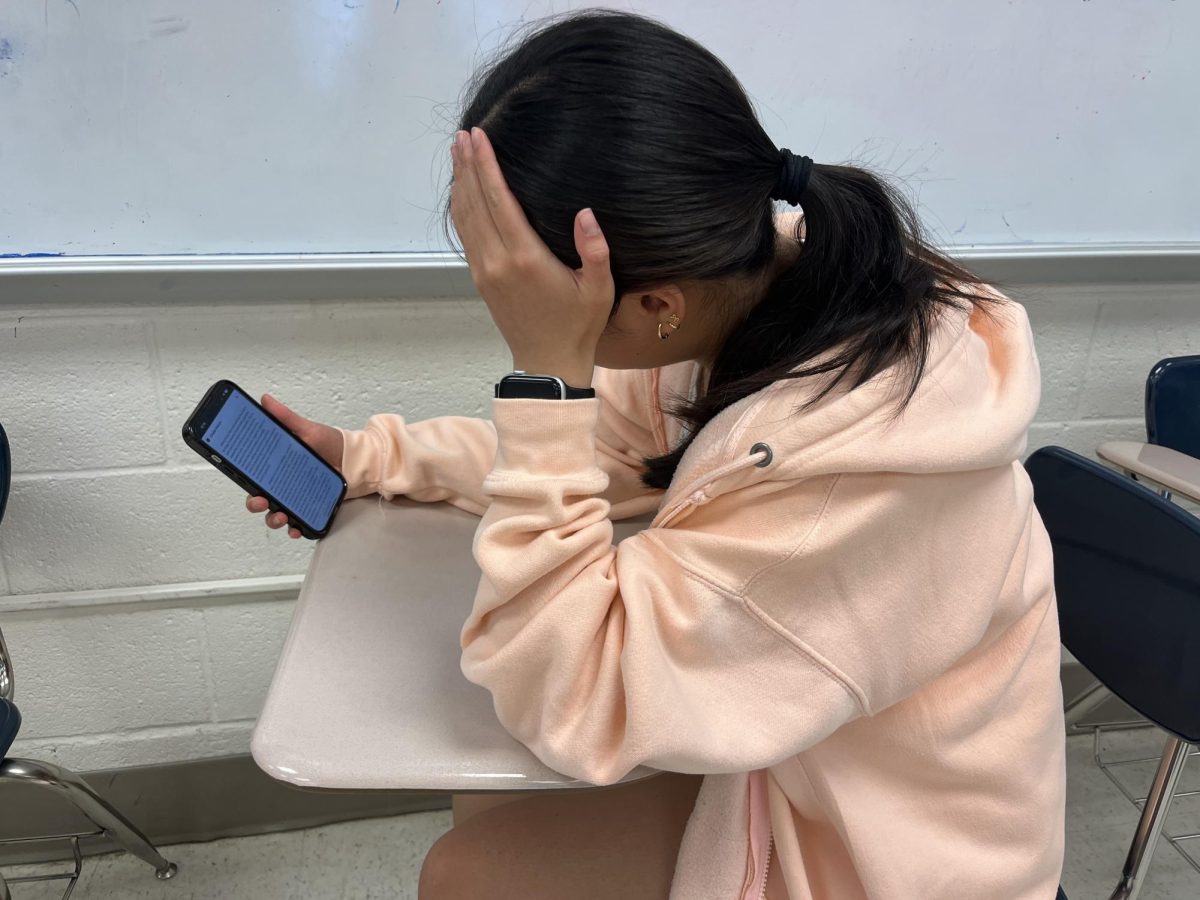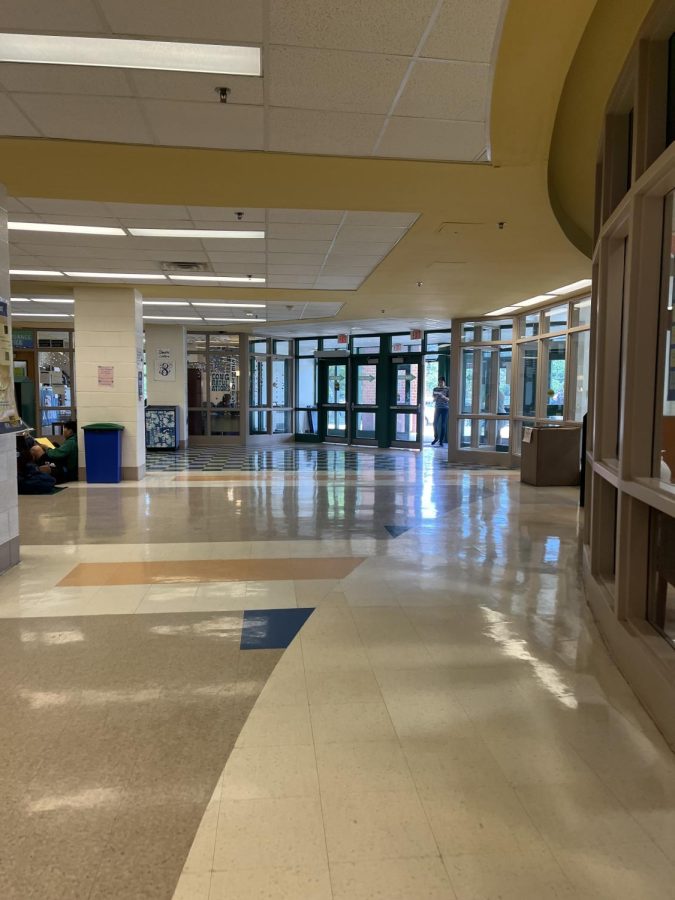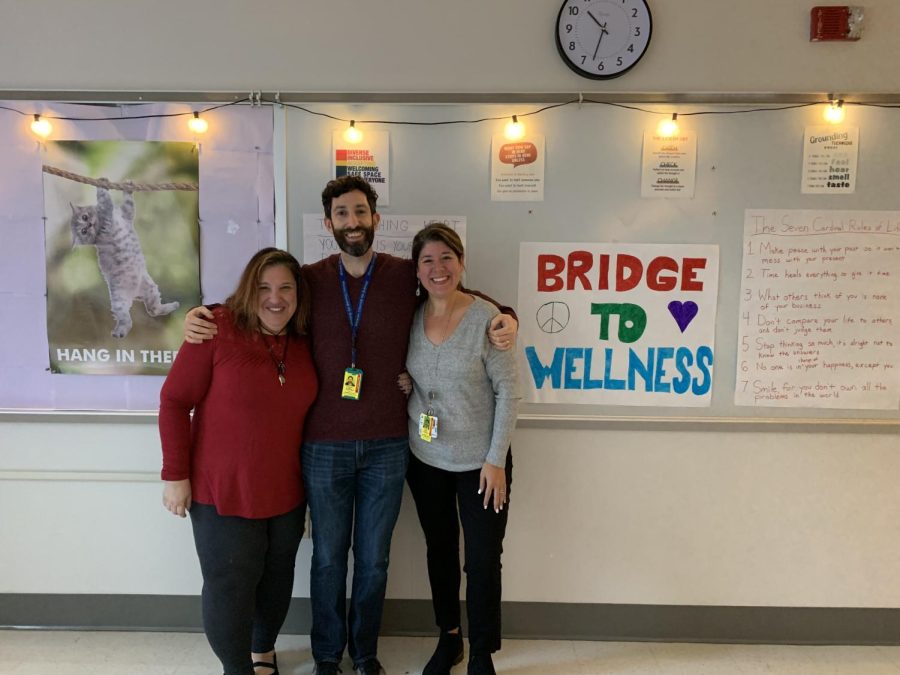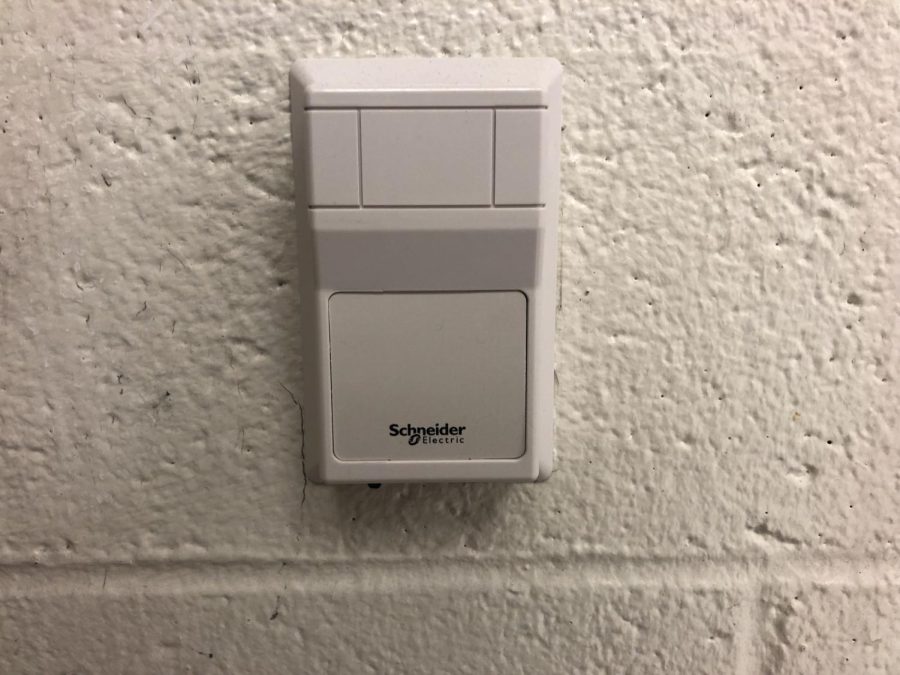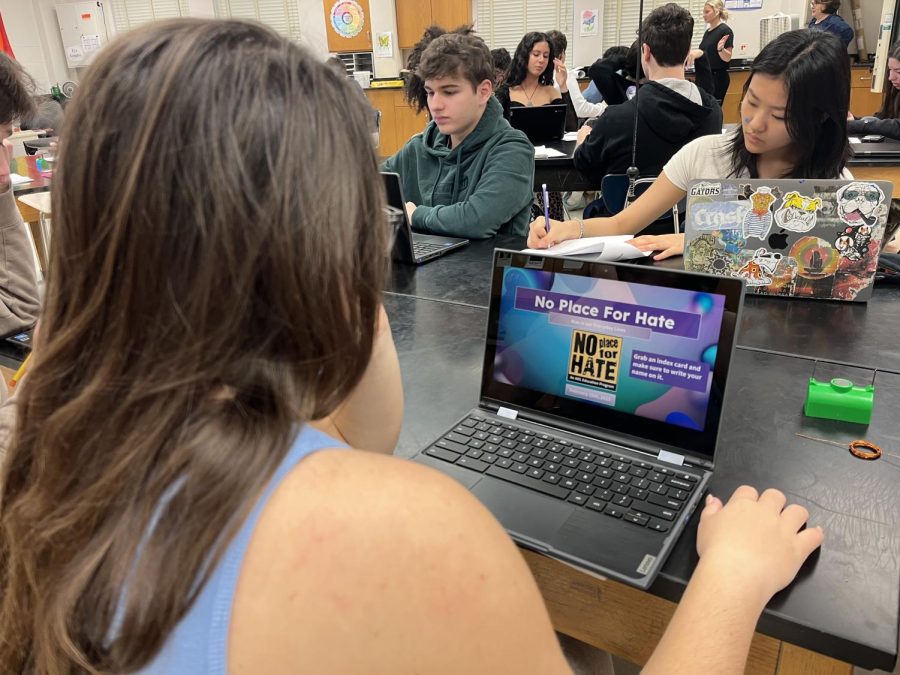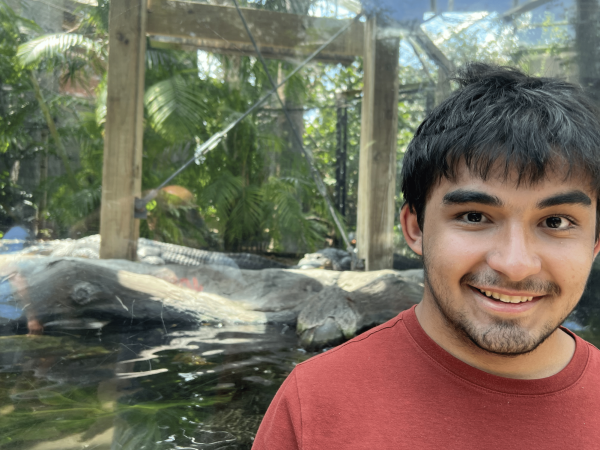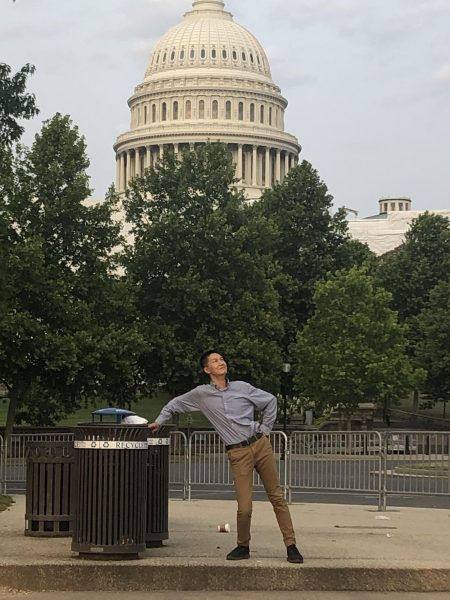On Oct. 7, 2024, five WCHS seniors were caught sharing racist and antisemitic content on a school document, containing numerous references to the “N-Word,” “K-Slur” and Nazi symbolism. The response: two days of in-school suspension. This incident follows over 280 reported school-based hate bias incidents in 2023 alone, according to the Montgomery County Police Department, as well as antisemitic graffiti found on WCHS’ doors in late August 2024, which was part of a broader set of attacks targeting synagogues and other MCPS schools.
MCPS schools refer to the procedures for “Reporting and Investigating Incidents of Alleged Hate-Bias,” which recommends sharing a community letter in response to hate bias incidents, informing staff, students and parents of what had occurred and displaying needed transparency. However, no such message was sent. Though she declined to speak about any specific incidents, WCHS administrator La Faye Howard implied that the absence of this measure relates to the severity of the incident, as gauged by MCPS administrators.
“When we call the Central Office to report an incident, they go through steps,” Howard said. “There’s a level red, a level yellow and a level orange [to hate bias incidents] that determine whether a letter goes out to anyone. It’s all based on impact, and we communicate and deal with that internally.”
However, some have criticized MCPS’ internal procedures as ineffective. In the past few years alone, WCHS has seen incidents ranging from anti-Black graffiti in bathrooms to verbalized hate speech in the hallways. While Howard acknowledges the worrying increase of hate bias incidents, she still believes that the county’s “if you see something, say something” approach is essential to addressing the growing prevalence of hate speech.
“I feel that Churchill does a great job of communicating that our space and community is safe and welcoming to everyone,” Howard said. “If someone is doing something that goes against all that we believe in and our culture, then they need to let us know, and we’re going to address it.”
However, even when students suggest constructive ideas to address hate speech, few proposals have come to fruition. Requests to introduce Holocaust survivors to WCHS have not materialized into a real event and most student involvement in addressing hate speech remains relatively minor, limited to the creation of “No Place for Hate” slideshows or posters. Recently, MCPS has also introduced “restorative justice” sessions, where trained staff assist perpetrators in reflecting on their actions. However, in the absence of hard consequences, WCHS senior Sarah Bland expressed concern at the effectiveness of this approach.
“I think as a supplement, ‘restorative justice’ can be helpful,” Bland said. “‘This is why you did what you did. This is why you are in trouble,’ et cetera. But if we use that solely, then we are removing the discipline.”
Bland also believes that “restorative justice” measures can lead perpetrators to leave with an understanding that the consequences of hate speech are merely a group discussion, which could perpetuate further action. Students who remorselessly use hate speech are likely to be unaffected by what they see as routine, especially if no inconveniencing consequences are issued.
“If we’re like ‘let’s talk about why what you did was wrong,’ then we’re opening ourselves up to the question of ‘what is enough to quantify something that needs to be punished?’” Bland said. “Is it attacking a Jewish student? Is it graffitiing a school? Is it saying a slur?”
Though restorative justice sessions are maintained and overseen by the school, WCHS Theater teacher Naomi Kieval believes that factors outside of school also influence hateful behavior. Whether it is from entertainment, social media or even friend groups, students can be exposed to ideas and words in places even parents are oblivious to.
“I think [education] needs to go outside,” Kieval said. “A lot of [hate] comes from what’s being taught in homes, and what students are hearing in places parents aren’t even in control of. I see kids using words that they don’t even know the meaning of, but they heard it on TV and got a laugh so they want to use it.”
Media consumption is indeed one of the largest contributors to the growing prevalence of hate speech. Online messaging boards, such as Reddit and 4Chan, have developed subcultures where “edgy” humor— aiming to draw attention and shock from controversial and hate-filled content, leads to a normalization of such sentiments. Kieval believes that students who are in those environments will naturally find it difficult to condemn bigotry in real life.
“It’s a really hard thing to stand up and talk against a peer who could retaliate in a social situation like that,” Kieval said. “That’s a lot of your life. And it’s not cool as a kid. But it’s the only way we’re gonna make change in the world.”
But WCHS Principal John Taylor believes that the majority of students do not appreciate hate speech or find it particularly funny. Instead, peer pressure and a fear of being ridiculed can lead to students avoiding speaking out.
“I’ve talked with individuals who are struggling with this, [where] their whole group is going along or laughing at [hate speech],” Taylor said. “But there are always other people in that group who are just as uncomfortable as you are. And if you say something, they may join you, or you can have one-on-one conversations with them. You may find that you have a larger group that is actually in support of you.”
Taylor also believes MCPS must make a greater effort in tracking data related to hate bias incidents. While he sees specific incidents where county measures, especially “restorative justice” sessions, have resulted in behavioral changes amongst students spreading hate speech, there are also individuals that have not changed their behavior at all. In order to fully gauge the effect of the policy, data must be collected before MCPS can draw conclusions on its success.
“We have to report hate bias incidents so that we can look at it and track how many we are having,” Taylor said. “There used to be a ‘door report’ on how many suspensions occurred at a school and what kind of categories they were in, but that hasn’t been published for several years. I think the raw data of how many [hate bias incidents] happened at Churchill, is something the community should know.”
Ultimately, Taylor says the perpetrators of hate crimes come from a fundamentally dark and insecure place, which is often taken advantage of, and though hate speech can be difficult to combat, Taylor worries a closed-off point of view can lead to a perpetual downward spiral of prejudice. Whether a student enjoys being controversial, or their friend fears reporting them could ruin their relationship, it is vital to remember that hate bias helps neither side of the equation.
“It’s just a very sad and lonely thing,” Taylor said. “I really believe that they’ve been tricked in some way, and I worry about some of the kids who get pulled down a rabbit hole like that. Ultimately, they’re hurting themselves as much as they’re hurting anybody else because they’re cutting off from all these amazing things they can learn from other cultures, groups and people.”


